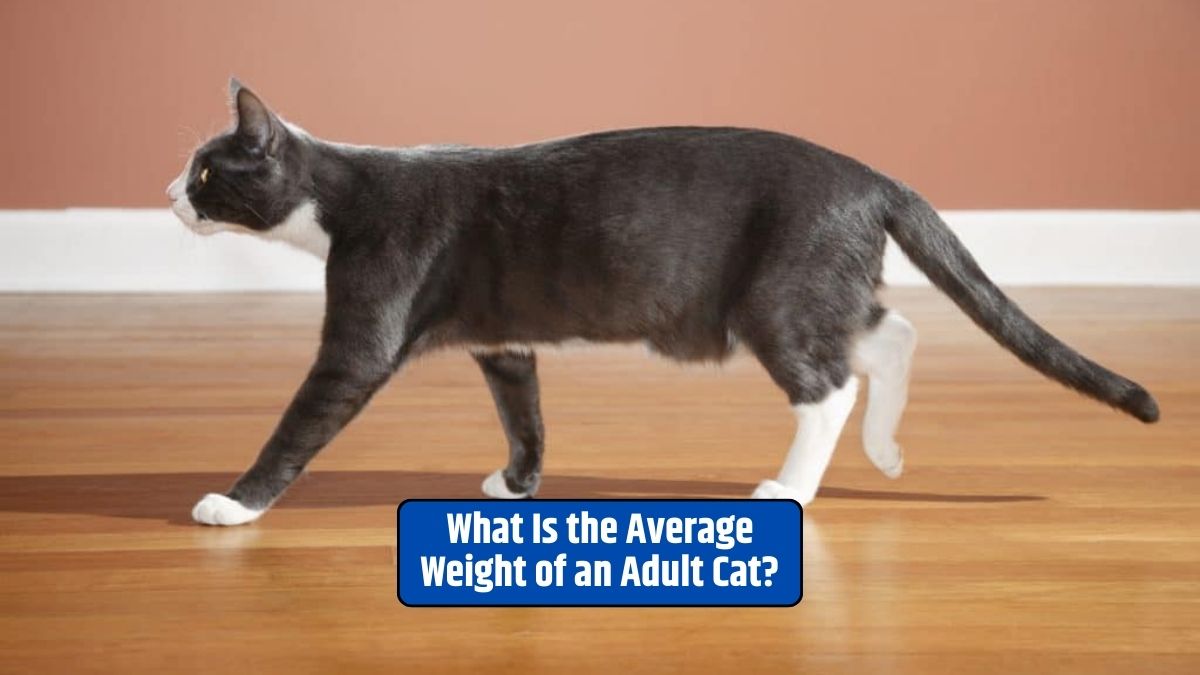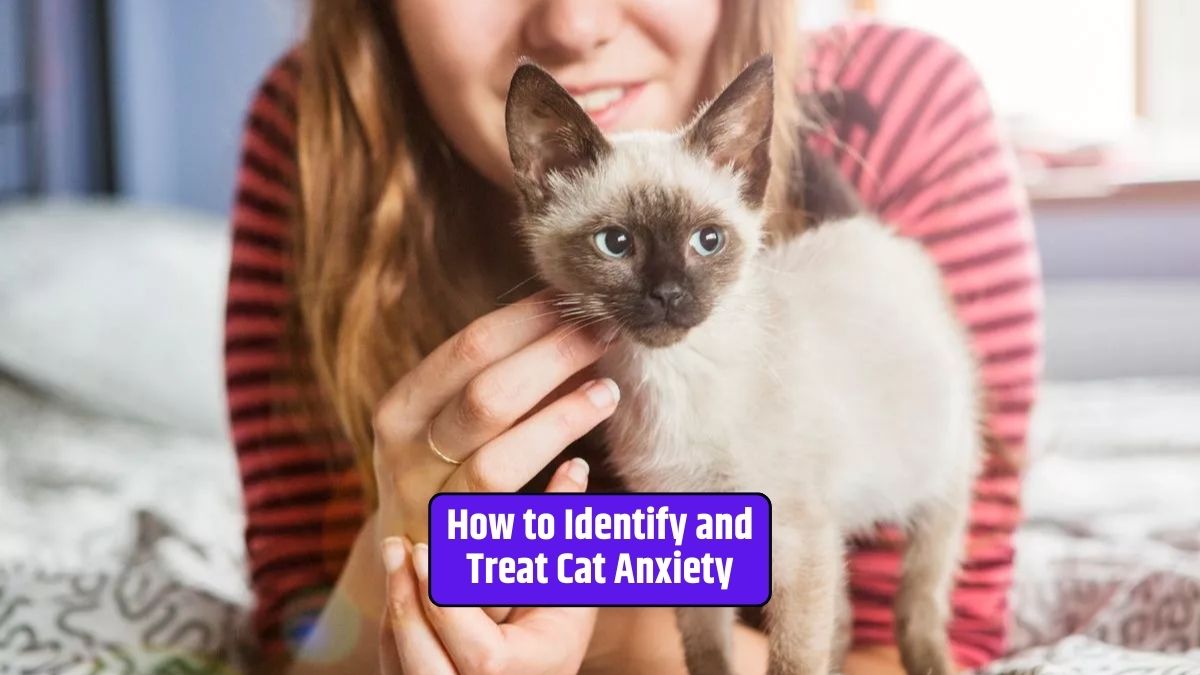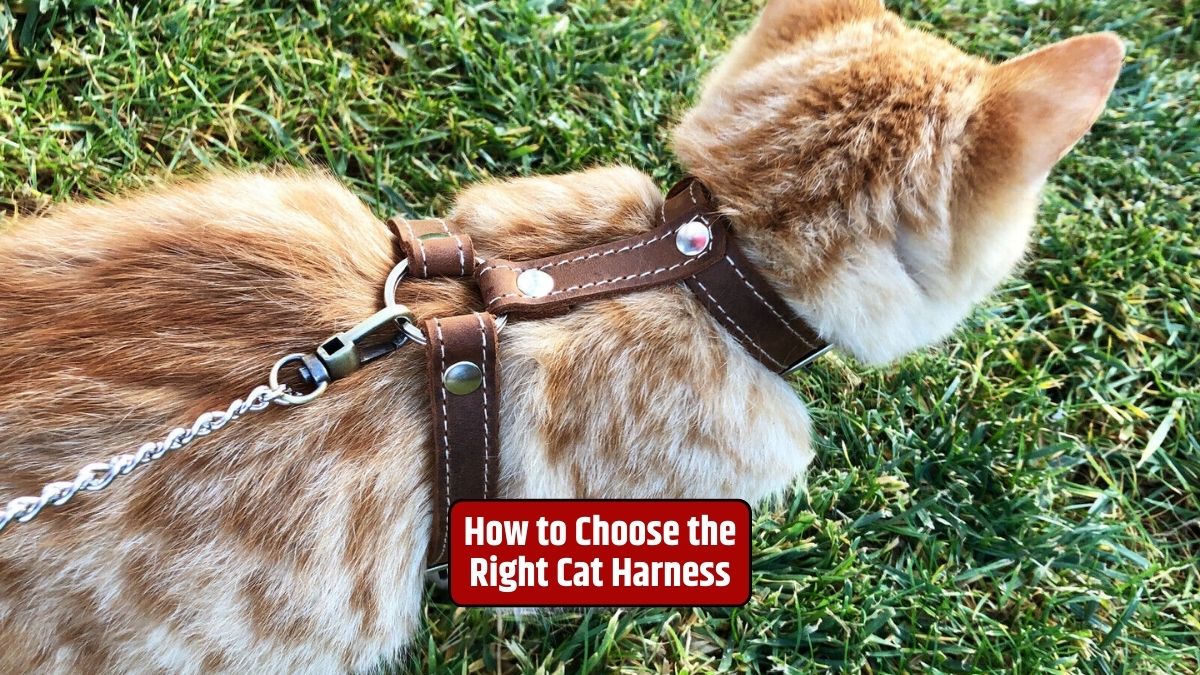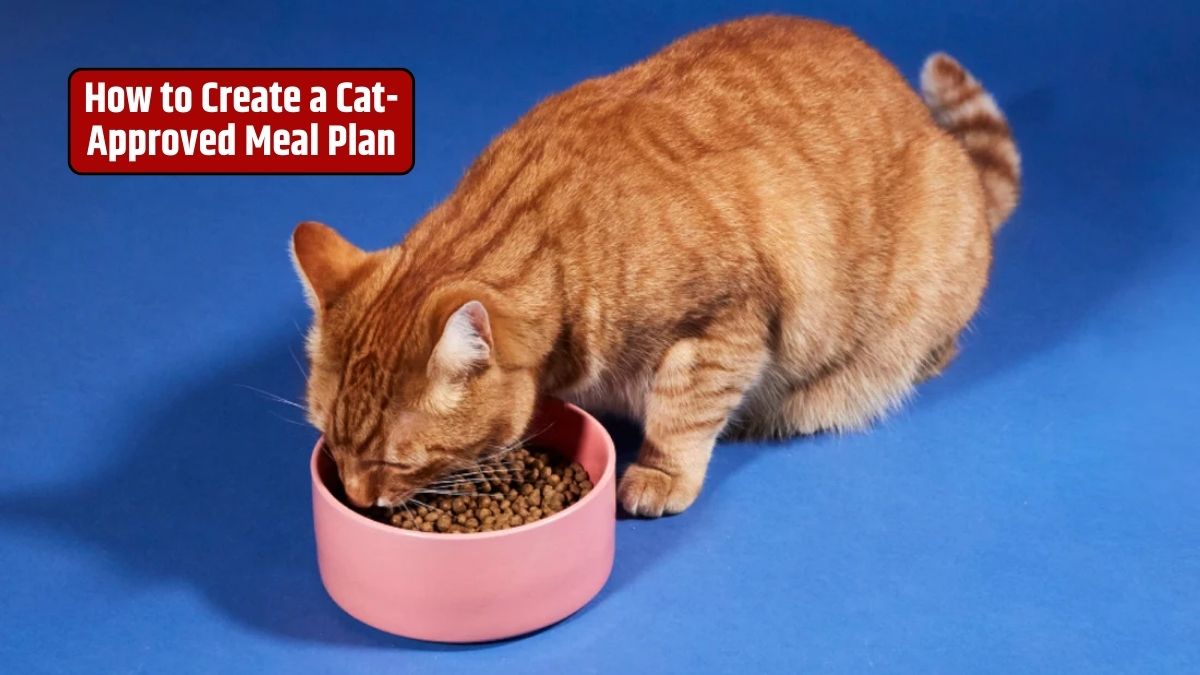When it comes to our feline friends, we often wonder about various aspects of their well-being. One common question that cat owners and enthusiasts have is about the average weight of an adult cat.
While there isn’t a one-size-fits-all answer, this article will explore the factors that influence a cat’s weight, the typical weight range for adult cats, and why it’s essential to maintain a healthy weight for your furry companion.
Factors
Several factors can influence a cat’s weight, just as with humans. These factors include:
Breed
Different cat breeds have varying size and weight standards. For example, a Maine Coon, known for its large size, will naturally weigh more than a Siamese cat.
Age
A kitten’s weight will differ from that of an adult cat. Kittens grow rapidly, and their weight changes accordingly. As cats age, their metabolism may slow down, affecting their weight.
Gender
Male cats tend to be larger and heavier than their female counterparts of the same breed. Neutered or spayed cats may gain a bit more weight due to changes in hormones.
Activity Level
Cats that are more active and engage in play regularly may have a leaner body compared to less active cats.
Diet and Nutrition
The type of food and the amount a cat consumes directly affect their weight. High-calorie diets can lead to obesity, while a balanced diet helps maintain a healthy weight.
Medical Conditions
Underlying medical conditions, such as hyperthyroidism or diabetes, can lead to weight changes in cats. It’s essential to monitor your cat’s health regularly.
Weight Range
While the ideal weight for a cat can vary widely based on the factors mentioned above, here’s a general guideline for the typical weight range of adult cats:
- Small Breeds (e.g., Siamese): 5 to 10 pounds (2.3 to 4.5 kg)
- Medium-sized Breeds (e.g., American Shorthair): 8 to 12 pounds (3.6 to 5.4 kg)
- Large Breeds (e.g., Maine Coon): 13 to 18 pounds (5.9 to 8.2 kg)
It’s crucial to note that these are rough estimates, and some cats may naturally fall outside these ranges while still being perfectly healthy.
Healthy Weight
Maintaining a healthy weight is essential for your cat’s overall well-being. Obesity in cats can lead to various health issues, including diabetes, joint problems, and a reduced lifespan. On the other hand, being underweight may indicate an underlying health problem.
To ensure your cat maintains a healthy weight:
- Provide a balanced diet based on your cat’s age, breed, and activity level.
- Control portion sizes to prevent overeating.
- Encourage regular exercise and play to keep your cat active.
- Regularly monitor your cat’s weight and consult your veterinarian if you notice any significant changes.
Conclusion
The average weight of an adult cat can vary significantly based on breed, age, gender, and other factors. It’s essential to understand your cat’s specific needs and work to maintain a healthy weight through a proper diet, exercise, and regular vet check-ups. By doing so, you’ll ensure that your feline companion enjoys a long and healthy life.
FAQs
What is the most common cause of weight gain in cats?
The most common cause of weight gain in cats is overeating, often due to excessive portions or high-calorie diets.
How can I help my cat lose weight if they are overweight?
Consult your veterinarian for a tailored weight loss plan. This may include adjusting their diet, increasing exercise, and monitoring progress.
Can cats become overweight from table scraps and human food?
Yes, feeding cats human food, especially high-fat and high-sugar items, can contribute to weight gain and should be avoided.
Is it possible for a cat to be underweight?
Yes, cats can be underweight due to various factors, including malnutrition, medical conditions, or stress.
How often should I weigh my cat to monitor their weight?
Regularly weigh your cat at home and discuss weight changes with your veterinarian during annual check-ups.






